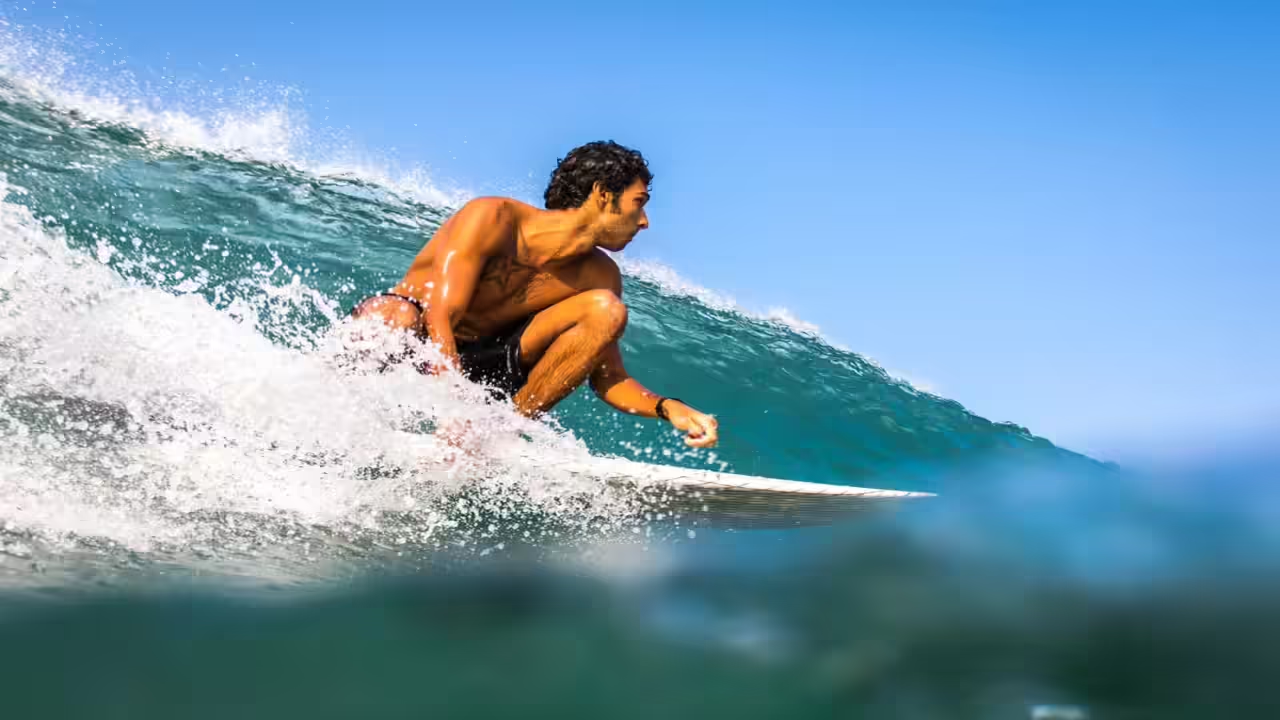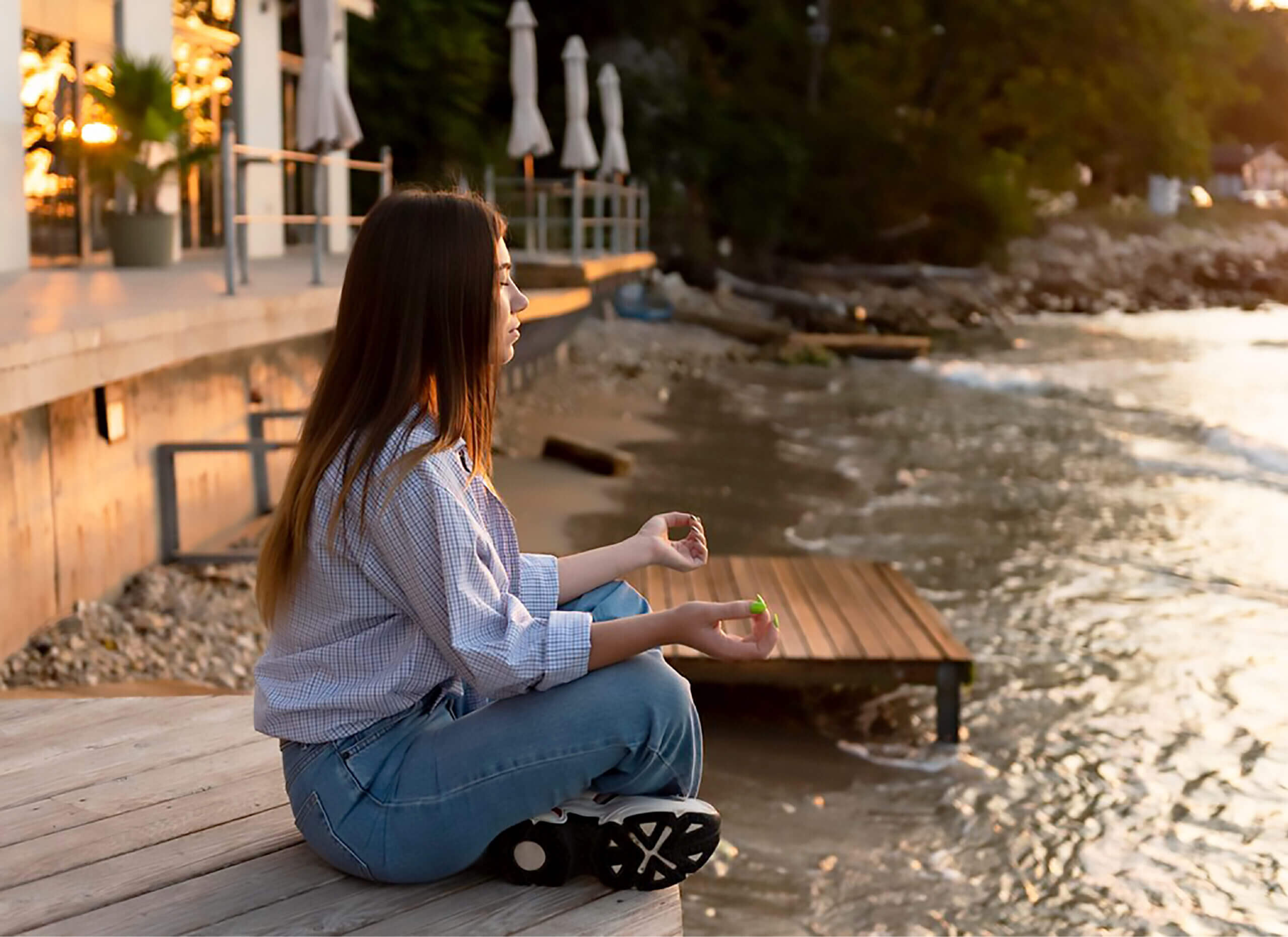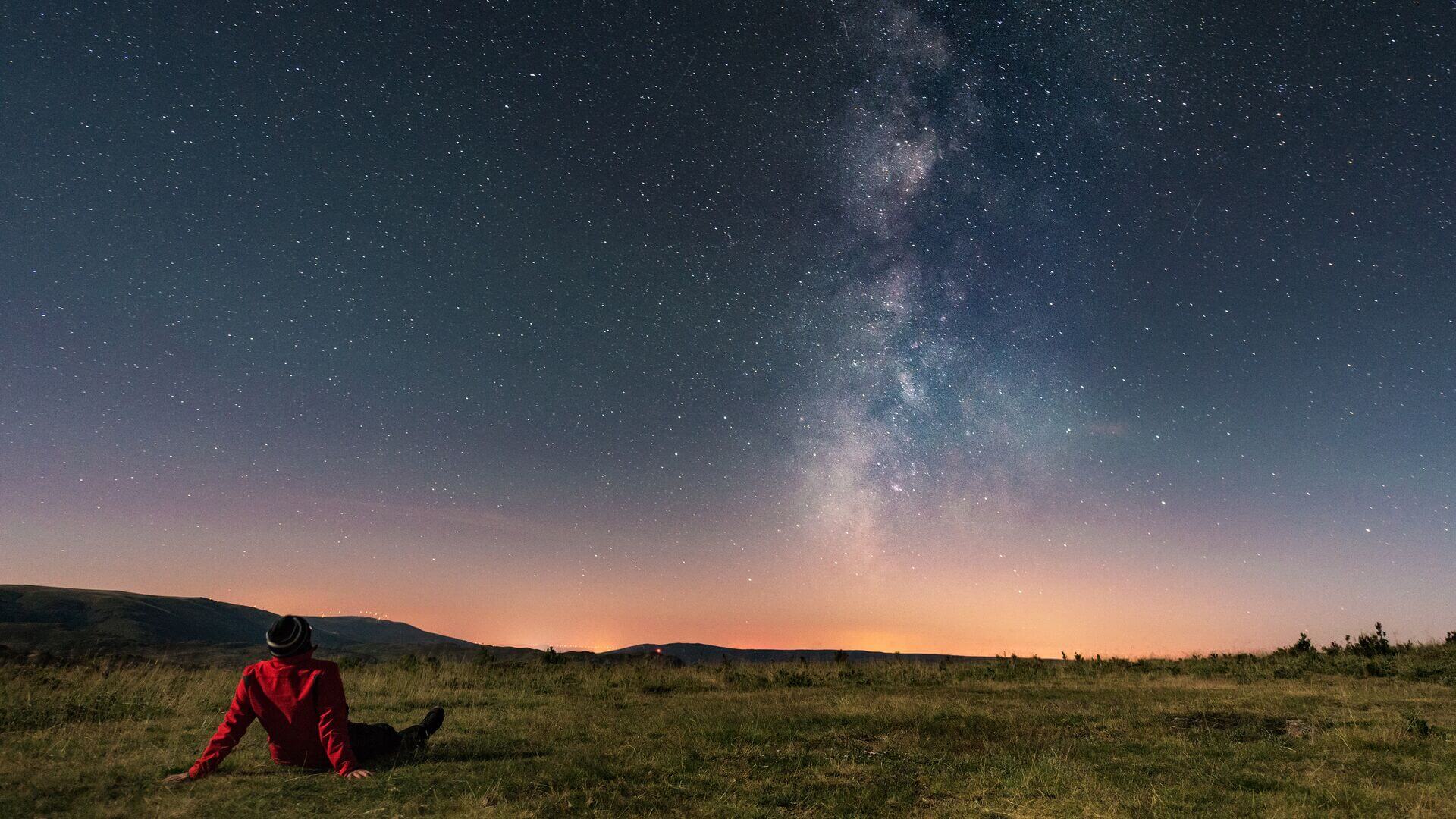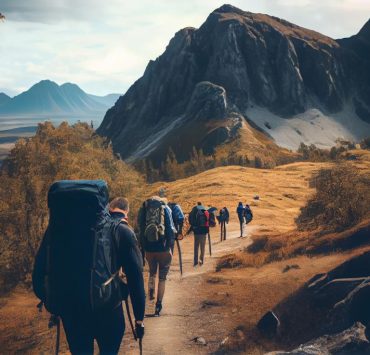Rediscovering the Joy of Travel: How Recreation Shapes the Modern Explorer

In a fast-paced world dominated by screens, deadlines, and constant connectivity, travel has become more than just a means of seeing new places—it’s a form of recreation, a pathway to mental restoration, and a celebration of human curiosity. The modern traveler no longer seeks only postcard-perfect destinations but meaningful experiences that balance adventure, culture, and personal renewal. This shift is redefining how we approach travel in the 21st century, transforming it into an act of recreation for the body, mind, and soul.
The Evolution of Travel as Recreation
In earlier centuries, travel was a privilege reserved for explorers, merchants, or the wealthy elite. But the modern era has democratized movement. Low-cost airlines, digital nomad lifestyles, and the growing awareness of work-life balance have made travel accessible to a broader audience. Today, it’s not just about ticking countries off a list—it’s about creating stories and connections that enrich life.
Recreational travel has evolved to serve deeper emotional and physical needs. Whether it’s a solo hiking trip in the Alps, a yoga retreat in Bali, or a family road trip across the American Midwest, travel offers a therapeutic escape from daily stress. It gives people permission to slow down, breathe deeply, and reconnect with the simple pleasures of life.
The Healing Power of Recreation Through Travel
Studies show that taking time off to travel significantly improves mental health. Psychologists have found that exposure to new environments boosts creativity, reduces anxiety, and increases overall life satisfaction. When you step into a different culture or landscape, your brain creates new neural connections—literally expanding your perception of the world.
For example, walking through the ancient streets of Kyoto or exploring the serene beaches of Croatia offers more than visual beauty. It provides sensory stimulation that encourages mindfulness. The scent of street food, the rhythm of local music, and the sound of foreign languages all contribute to an immersive, rejuvenating experience. In this sense, travel becomes a form of recreation that restores inner balance.
Adventure Travel: The Thrill of the Unknown
Adventure travel represents one of the fastest-growing segments of the tourism industry. It appeals to those who crave excitement and physical engagement. From rock climbing in Thailand’s Krabi region to mountain biking through the Swiss Alps, adventure travelers seek the adrenaline rush that comes from testing their limits.
But beyond the thrill, adventure travel teaches resilience. It forces travelers to step out of their comfort zones, solve problems on the go, and adapt to unpredictable situations. These challenges mirror the complexities of everyday life, helping travelers return home with renewed confidence and perspective.
Moreover, the popularity of eco-adventures—such as trekking in national parks or kayaking in marine sanctuaries—reflects a growing commitment to sustainability. Modern adventurers increasingly prioritize minimizing their environmental impact while maximizing their personal growth. This shift represents a positive trend: travel as recreation doesn’t have to come at the cost of the planet.

Cultural Immersion: The Soul of Recreational Travel
Another dimension of recreational travel is cultural immersion. More and more travelers are seeking experiences that connect them with local communities, traditions, and values. This might mean taking a cooking class in Italy, participating in a tea ceremony in Japan, or volunteering on a farm in Costa Rica.
Such experiences foster empathy and understanding across borders. They remind us that despite our differences, we share universal human values—family, friendship, food, and laughter. By engaging in cultural recreation, travelers don’t just relax; they expand their worldview and become ambassadors of global unity.
Interestingly, slow travel has become a defining trend within this niche. Instead of rushing through ten cities in a week, travelers now prefer staying longer in one place—renting local homes, shopping at neighborhood markets, and learning the rhythms of local life. This deeper connection transforms travel into a more sustainable and fulfilling form of recreation.
Technology and the New Age of Recreational Travel
Technology has transformed how we plan and experience travel. Apps for language translation, navigation, and accommodation have made exploration more convenient and spontaneous. Social media, for better or worse, plays a significant role in inspiring travelers to discover new destinations.
However, many travelers are beginning to use technology more mindfully. The concept of “digital detox travel” is gaining traction—where travelers deliberately disconnect from their devices to reconnect with nature and themselves. Camps, lodges, and resorts around the world are now offering “unplugged” experiences that combine recreation with mindfulness. In these settings, travelers rediscover the joy of simple pleasures—reading by candlelight, stargazing, or sharing stories around a bonfire.
The Rise of Wellness and Recreational Retreats
The intersection of travel and wellness has given birth to a booming industry of retreats focused on recreation, relaxation, and rejuvenation. From meditation centers in the Himalayas to luxury spas in the Caribbean, wellness tourism has become a cornerstone of modern recreation.
These retreats often combine physical activity with mental healing—offering yoga sessions, hiking excursions, and balanced nutrition. The goal is to help travelers achieve holistic well-being. In a world where burnout is increasingly common, such travel experiences offer a vital reset button.
Moreover, wellness retreats cater to different personalities: introverts might prefer quiet mountain lodges, while extroverts may thrive in group-based fitness camps or surf schools. Either way, these experiences provide the same outcome—recreation that nourishes both body and spirit.
Sustainable Travel: Recreation with Responsibility
The future of travel depends on sustainability. As tourism grows, so does its environmental footprint. Responsible travelers are now more aware of the importance of preserving the destinations they love. Recreational travel must go hand in hand with environmental consciousness—reducing plastic use, supporting local businesses, and respecting cultural heritage.
Ecotourism initiatives are paving the way for this transformation. By staying in eco-lodges, participating in wildlife conservation programs, or supporting community tourism, travelers can ensure that their recreation contributes positively to both people and the planet.
The concept of “leave no trace” has become a guiding principle for modern explorers. It’s not only about enjoying nature but ensuring that future generations can do the same.

Conclusion: Travel as a Lifelong Recreation
At its core, travel is more than movement—it’s transformation. It reawakens the explorer within us, nurtures our creativity, and connects us to something larger than ourselves. Whether we’re climbing mountains, strolling through ancient ruins, or simply sitting by a lakeside, travel allows us to pause and remember what truly matters.
Recreation through travel is about balance: adventure and rest, curiosity and reflection, movement and stillness. As the world becomes more connected, the value of disconnecting—and truly experiencing life—grows even more important. The modern traveler doesn’t just seek to escape life but to ensure that life doesn’t escape them.
So pack your bags, step into the unknown, and rediscover the art of recreation through travel. The world is waiting—not just to be seen, but to be felt.




